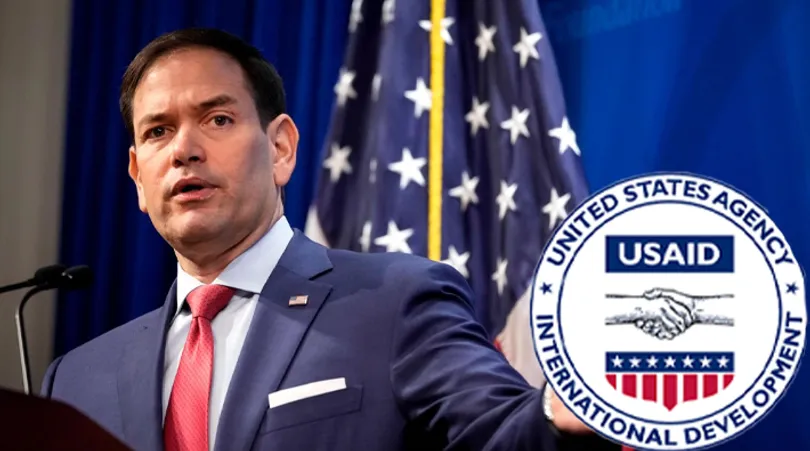Washington, D.C. – In a major shake-up of U.S. foreign aid, Secretary of State Marco Rubio has announced a massive reduction in USAID (United States Agency for International Development) programs, slashing 83% of existing contracts. Following a six-week review, the number of funded programs will drop from over 6,000 to just 1,000, significantly reducing billions in U.S. taxpayer-funded aid.
Why the Cuts?
According to the State Department, the primary reason behind these sweeping reductions is to align spending with U.S. national interests. Many USAID programs were deemed inefficient or not directly benefiting American foreign policy goals. With these changes, the remaining programs will now be managed directly by the U.S. State Department, ensuring stricter oversight and better resource allocation.
Impact of the Decision
The cuts will have widespread consequences, affecting humanitarian aid, development projects, and foreign assistance programs across multiple countries. While some critics argue that reducing USAID funding could weaken U.S. global influence, supporters claim it will eliminate wasteful spending and prioritize essential aid efforts.
Rubio’s Statement on the USAID Cuts
In his official statement, Secretary Rubio emphasized the need for efficiency in foreign aid:
"For too long, USAID has operated with little accountability, funding projects that have little to no impact on advancing U.S. interests. This review was long overdue. Moving forward, American foreign assistance will be more focused, more effective, and directly managed to ensure every dollar serves a clear purpose."
What’s Next?
The restructuring of USAID signals a major policy shift in how the U.S. handles foreign aid. While the exact breakdown of which programs will be eliminated remains unclear, analysts predict that funding for climate initiatives, global health programs, and economic development in certain regions may be among the hardest hit.
As the U.S. government moves to implement these changes, the international community and aid organizations will closely watch how these cuts reshape America's role in global development.

